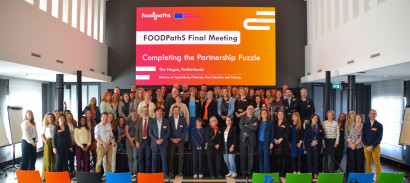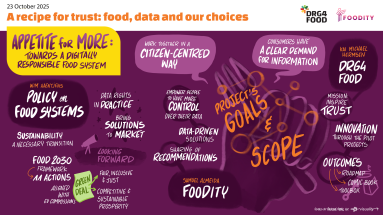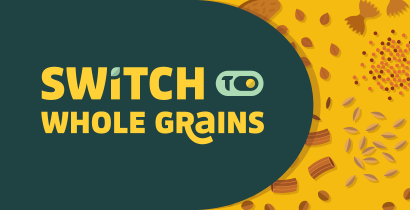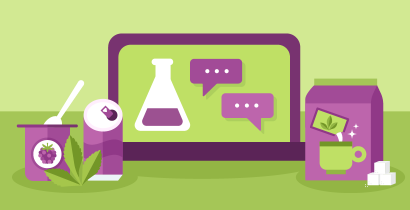Newsroom
Infographics About Healthy Eating Can Spark Interest Among Unmotivated Young Adults, New EUFIC Study Finds
Young adults who are not motivated to eat healthily can still be engaged with the right type of communication, according to new research from the European Food Information Council (EUFIC). Young adults often face unique dietary challenges, from limited resources and time constraints to social and emotional barriers to healthy eating. The study, Healthy Eating for Young Adults: Communication in Early Stages of Behaviour Change, explored how 18–25-year-olds in the UK respond to infographics about healthy eating designed for those not yet committed to changing their diets.
EUFIC’s Communication Lab #1 on Emulsifiers: combining consumer perceptions, scientific consensus, industrial challenges and safety expertise
EUFIC hosted Communication Lab #1 on Emulsifiers on 25 November 2025 to address current communication trends in the EU food system surrounding emulsifiers.
FOODPathS Releases Final Recommendations to Accelerate Europe’s Food Systems Transformation
After three and a half years of intensive groundwork, the Horizon Europe project FOODPathS has concluded, leaving behind a strategic legacy designed to accelerate the transformation of Europe’s food systems.
DRG4FOOD delivers 8 food tech innovations that put consumer trust first
In an era where consumers are increasingly wary of how their food data is used, the EU-funded DRG4FOOD project has delivered a solution: 8 digital food innovations that foster trust alongside technological advancement.
Fibre in focus: EUFIC calls on Europeans to make the #SwitchToWholeGrains for better health
This November, the European Food Information Council (EUFIC) is relaunching its expanded #SwitchToWholeGrains campaign to help Europeans close the fibre gap and make healthier grain choices!
EUFIC Communication Lab on sweeteners part two : Targeted recommendations for healthcare practitioners
In June 2025, EUFIC carried out the second part of its online Communication Lab on sweeteners: an interactive, three‑hour workshop designed to translate the latest science into clear, practice‑focused messaging recommendations for healthcare professionals.









